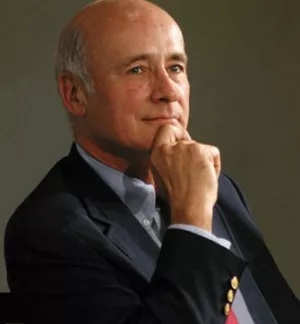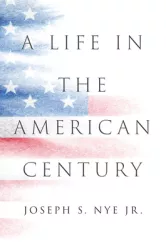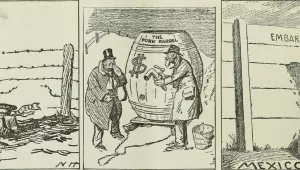"When I developed the concept of soft power a decade and a half ago, the conventional wisdom was that the United States was in decline. As the late Senator Paul Tsongas put it in 1992, "the Cold War is over, and Japan and Germany won." As I was trying to understand why the declinists were wrong and why I thought the United States would be the leading country of the twenty-first century, I totaled up American military and economic power and realized that something was still missing: the enormous capacity of this country to get what it wants by attraction rather than through coercion. This attractive, or "soft," power stemmed from American culture, values, and policies that were broadly inclusive and seen as legitimate in the eyes of others."
Nye, Joseph. “Smart Power: In Search of the Balance between Hard and Soft Power (Book Review of Hard Power: The New Politics of National Security By Kurt M. Campbell and Michael E. O'Hanlon).” Democracy: A Journal of Ideas, Fall 2006
The full text of this publication is available via Democracy: A Journal of Ideas.




